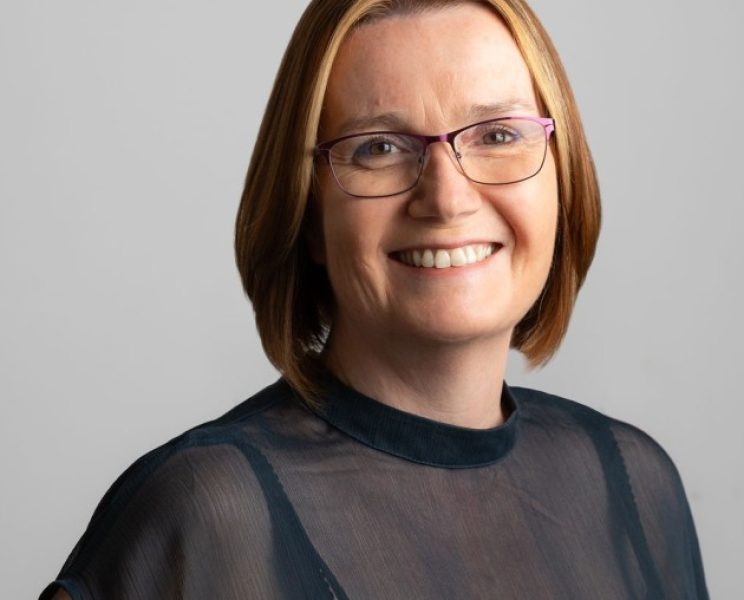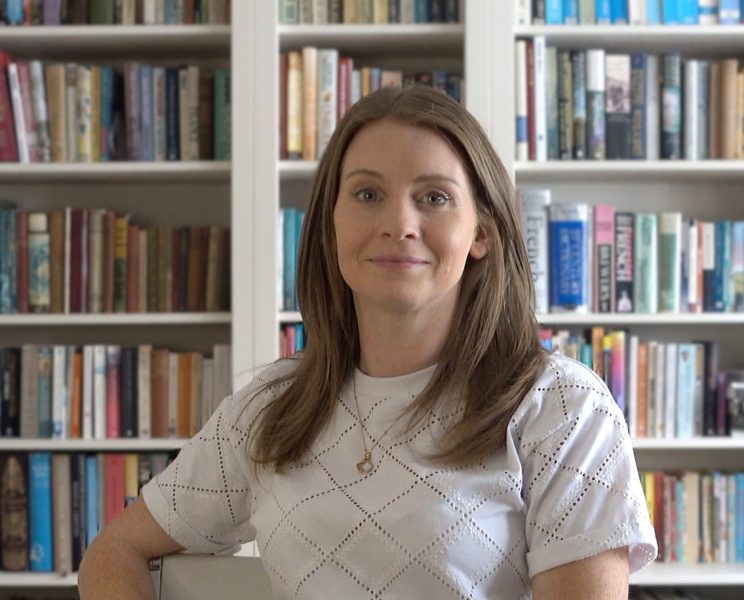Enterprise Nation

Enterprise Nation’s Emma Jones answers some big questions facing entrepreneurs currently – are investors still gender bias and what can the government do to help?
1. As someone that is passionate about helping small businesses, what do you think that small business owners need to learn more about before becoming an entrepreneur?
There is one key ingredient I feel every entrepreneur should possess – and know about before they start out – and I’m not sure you can ‘learn’ it but that ingredient is … resilience. Building a strong and sustainable business takes time and you need energy and perseverance for the journey. I think this is why it’s now relatively unusual to see start-ups with sole founders. Co-founders come together to provide support to each other and, ideally, share the workload of being the head of product, HR, finance, marketing sales and growth – all at the same time! Starting and growing a business requires serious resilience and the entrepreneurs who are excelling, demonstrate this in bucket loads.
2. Do you feel that business investments are still gender biased and do women receive a smaller portion of venture capital investment?
There are lots of stats to show that women receive a small and decreasing share of funds – especially from venture capitalists. To address this, a lot of good work is now underway including the UK Business Angels Association doing a big drive to get more women to angel invest and the recent Rose Review, conducted by RBS CEO, Alison Rose, which has got all the major banks thinking about how they can ease the flow of finance to female founders. At Enterprise Nation we are doing our bit through a new education programme launching in 2020 which will be fully focused on supporting female entrepreneurs to boost confidence and get raise-ready, and we are also scaling up our popular Festival of Female Entrepreneurs event to take place in 3 cities; Bristol, Edinburgh and Manchester. Expect to see the results of all these campaigns having an impact in the next couple of years.
3. How do you think small business owners can get more out of their accountant or financial adviser?
I hugely respect the role accountants play in the business support landscape in the UK as accountants remain one of the most trusted advisers for a small business. As founders turn to accountants for advice and guidance on the financial side of the business, I feel this will increase in the future to owners asking other questions of their accountant – such as what tools to use to work more effectively, how and when to hire staff, and tips on going global. The accountant has the potential to be the all-round business adviser if services are promoted in the right way to the right audience. With 5 million+ small businesses, increasingly willing to take and pay for advice, this is a significant opportunity for the accountancy sector.
4. What is the one thing that the government can do better to help small businesses?

Create an infrastructure with confidence in the economy, stable interest rates, well run road and rail, simple tax rules, developed skills system, and then leave small business owners to do what they do best – trade in the UK and overseas.



